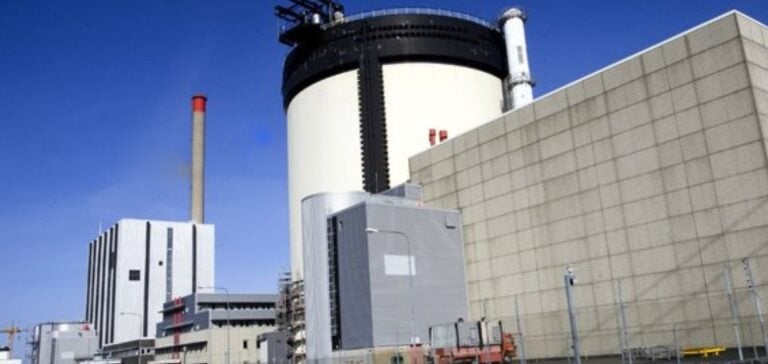Modular nuclear reactor (SMR) developer Kärnfull Next recently announced the municipality of Valdemarsvik in Östergötland County, southeast Sweden, as a candidate site for up to six reactors. An exclusive partnership has been established with Latona Group, the landowner, for nuclear exploration rights on the site. Initial studies, due for completion after the summer, are showing promising results.
“The location, topography and cooling conditions of a forward-looking municipality with extensive rural areas are examples of positive indications of the current phase,” said Kärnfull Next.
The project could create around 500 direct and indirect jobs per year for the next 70 years.
A strategic site for tomorrow’s energy
The proposed site, covering over 1,300 hectares, has been identified as suitable for nuclear power since the 1970s. Its vast coastal area makes it suitable for co-location with energy-intensive industries of the 2030s, such as data centers for AI. This development is part of Kärnfull Next’s Re:Firm South SMR program, aimed at expanding carbon-free energy production in southern Sweden. The Valdemarsvik SMR campus is initially planned to accommodate between four and six small light water reactors, adding between 10 and 15 TWh of electricity production per year.
According to Christian Sjölander, CEO of Kärnfull Next, “this site has the potential to become a key part of our program to supply large quantities of stable, sustainable energy.”
Economic and social outlook
Gustav Carp, owner of Latona Group, expressed his enthusiasm for the collaboration, highlighting the site’s unique favorable conditions for nuclear power generation.
“We are very pleased to be working with Kärnfull Next on this exciting project, which can create significant value for Valdemarsvik and its residents.”
In March 2022, Kärnfull Next signed a memorandum of understanding with GE Hitachi Nuclear Energy for the deployment of the BWRX-300 in Sweden. The company has been conducting feasibility and site selection studies in several Swedish municipalities since 2022.
Future projects and regional impact
In August 2023, Nyköping was announced as another candidate site for the program. Kärnfull Next expects further feasibility studies to reach sufficient levels of maturity to be announced later this year. Establishing several SMR parks in the same program should enable economies of scale in terms of technology selection, construction partners, power purchase agreements and financial partners.
The SMR project at Valdemarsvik represents a significant opportunity for the region, not only in terms of sustainable energy production, but also in terms of job creation and local economic development. With favorable prospects and strategic collaborations, this project could mark a major breakthrough for nuclear energy in Sweden.






















